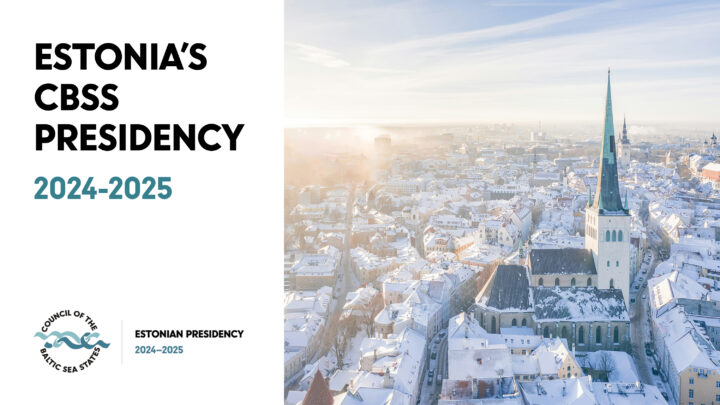Ministerial meeting
On 9-10 May 2005, the ministers responsible for children’s issues within the member countries of the Council of the Baltic Sea States met on the invitation of the Minister for Children and Family Affairs in Norway, Ms Laila Dåvöy.
The meeting discussed:
- Sexual exploitation of children
- The rights of children in institutions
- Unaccompanied and trafficked children
The programme on Unaccompanied and trafficked children in the region of the Baltic Sea States was presented, as was the expert group’s IT-tool, the Child Centre website.
The ministers unanimously agreed to continue the cooperation and to give the Expert Group and the Children’s Unit continued support in their work. The ministers also mandated the Expert Group to develop further programmes on the care of children in institutions, and also alternatives to the institutionalisation of children.
The meeting was organised by the Ministry for Children and Family Affairs in Norway in cooperation with the Children’s Unit at the secretariat of the Council of the Baltic Sea States.
The programme on Unaccompanied and trafficked children in the region of the Baltic Sea States
The plan of action for this programme was adopted by the Expert Group in May 2004. During the Finnish chairmanship, two expert group meetings were oganised. One in Helsinki in December 2004 on Identification, Age Assessment, Disappearances and Family Tracing. The other in Kiev in April 2005 on Building Competence and Capacity on Care, Rehabilitation and Reintegration of Children and Young Persons Victims of Trafficking.
Child Centre website at www.childcentre.info
The Child Centre website continued to grow in content and usage. National coordinators made regular postings of reports and information. The number of visitors to the site was around 8 – 10 000 every month with around 50% being repeat visitors. The secure area of the website was a forum where professionals could discuss, in English and in national languages, relevant issues in a cost-effective way among 225 registered users via a secure log-in.
Offline meetings were a prerequisite for the online activities to develop and flourish, and as such the groups responsible for the success of the website met once per year. Additionally, the postings on the the Child Centre formed the basis for discussions in various meetings and conferences of the Expert Group.
Expert group meetings
Berlin, October 2004 – The Berlin meeting was special, since it was the first time ever that the Expert Group met together with the National Coordinators. The meeting was the result of discussions on how to increase the information flow between the two groups. Activities initiated by the German federal government in cooperation with the German based NGO Terre des Hommes were presented.
Warsaw, March 2005 – This meeting, hosted by the Polish Ministry for National Education and Sports included presentations about Poland’s work with unaccompanied and trafficked children carried out by the organisation Nobody’s Children Foundation (today called the Empowering Children Foundation). A Polish research team presented their results from the Baltic Sea Regional Study on Adolescent Sexuality. Nobody’s Children Foundation presented a study on how children behave on the Internet.
Competence Centres
Since the start of the cooperation on Children at Risk, special status has been given to organisations, public or non-governmental, that give direct services to boys and girls that have been sexually abused or in other ways violated or exploited. These organisations were initially only one per member country grew to include more.
